non-fiction - volume 1
twobigdogs
14 years ago
Related Stories
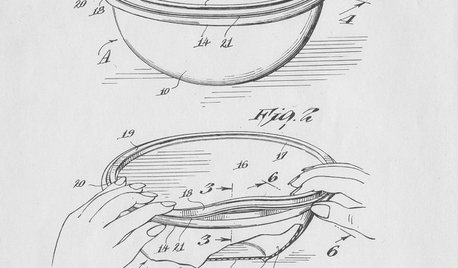
FEATURESHow Tupperware’s Inventor Left a Legacy That’s Anything but Airtight
Earl S. Tupper — and his trailblazing marketing guru, Brownie Wise — forever changed food storage. His story is stranger than fiction
Full Story
HOUZZ TOURSMy Houzz: DIY Labor of Love in Austin
Eclectic, hands-on style defines this family’s home after they downsized to just over 1,000 square feet
Full Story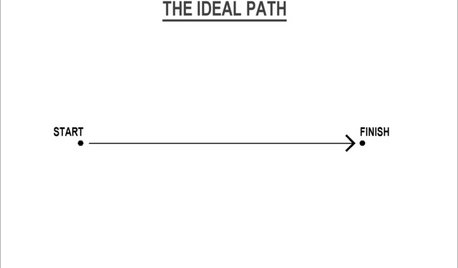
MOST POPULARThe Many Paths of Design, Part 1
Blame engineering issues, unforeseen revisions or even the Internet. As these diagrams show, it's probably not your fault
Full Story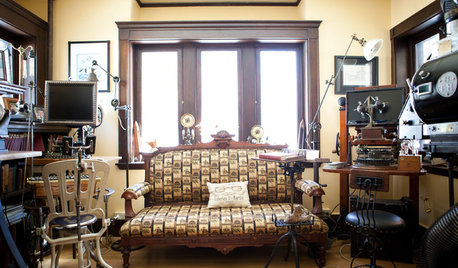
HOUZZ TOURSMy Houzz: Wondrous Steampunk Style for a Massachusetts Victorian
Grab your aviator goggles. This trip through a 1901 home that blends sci-fi and bygone-era imaginings is a wild ride
Full Story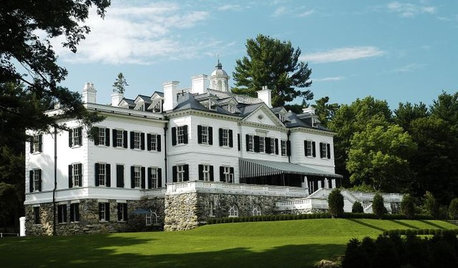
HOUZZ TOURSHouzz Tours: Edith Wharton's The Mount
New Restoration Shows How the Famed Author Put Her Decorating Theories Into Practice
Full Story
MODERN HOMESHouzz Tour: Heavy Metal Rocks a Modern Missouri Home
Steel shows up all over this single-level family home, but wood and other textures warm the look
Full Story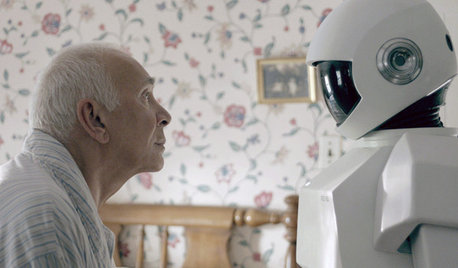
HOME TECHHome Tech: Where Is My Robot Housekeeper?
We haven't mastered the all-purpose humanoid house cleaner, but these gadgets make quick work of chores
Full Story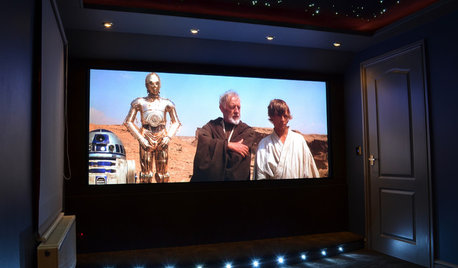
MOST POPULARIt’s Star Wars Day. May the Fourth Be With You
Fans of the sci-fi series are making special effects of their own all over the house. Have a look and share your own ideas for celebrating
Full Story
KITCHEN DESIGNHouzz Call: What’s Cooking in Your Kitchen?
Most of us turn to recipes, videos and culinary shows when we cook. Where do you set your cookbook, tablet or TV screen?
Full Story
ORGANIZING‘Tidying Up’ Author Marie Kondo Tells How to ‘Spark Joy’ at Home
A new book from the author of ‘The Life-Changing Magic of Tidying Up’ delves deeper into her KonMari Method of decluttering and organizing
Full Story


sheriz6
friedag
Related Discussions
Top 10 Best Sellers (Adult and Juv Fiction)...Weep.
Q
Crime Fiction
Q
The Most overrated fiction book ever?
Q
Recommendations for Bios or Fiction about historical figures
Q
ccrdmrbks
veronicae
kathleen_se
netla
Chris_in_the_Valley
lemonhead101
kkay_md
Chris_in_the_Valley
georgia_peach
elliottb
pagesturned
twobigdogsOriginal Author
georgia_peach
Chris_in_the_Valley
pagesturned
stoneangel
Chris_in_the_Valley
timallan
ccrdmrbks
donnamira
twobigdogsOriginal Author
lemonhead101
friedag
woodnymph2_gw
sable_ca
grelobe
lemonhead101
lemonhead101
friedag
georgia_peach
Chris_in_the_Valley
twobigdogsOriginal Author
sable_ca
woodnymph2_gw